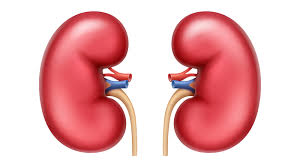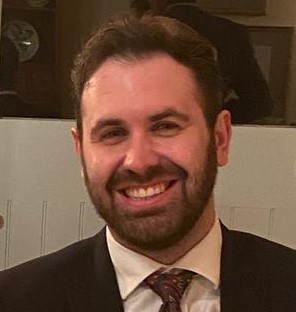====
____
What?
Eight-year-old Aditi Shankar has made UK history by receiving a kidney transplant that remarkably requires no anti-rejection medication. The innovative approach used by doctors at Great Ormond Street Hospital involved reprogramming Aditi’s immune system with bone-marrow stem cells from the donor, her mother, allowing her body to accept the new kidney as its own. This medical feat eliminates the long-term risk associated with immunosuppressive drugs, generally required to prevent organ rejection, allowing Aditi to lead a healthy and normal life post-transplant.

Why?
Aditi’s condition, Schimke’s immuno-osseous dysplasia (SIOD), had compromised her immune system and led to kidney failure. Given the constraints of traditional transplant methods, doctors, seeking alternatives, embraced a novel approach previously used in similar cases. This entailed a bone marrow transplant from Aditi’s mother to rebuild her immune system. Six months later, a kidney transplant from the same donor, her mother, was performed, with her immune system readily accepting the organ. This marks a significant advance in transplantation, circumventing the need for lifelong immunosuppressive drugs, thereby avoiding their associated risks and side effects.
How (does it affect you)?
This groundbreaking procedure holds promise for future transplant recipients within the NHS. It may pave the way for enhanced organ acceptance, minimizing reliance on immunosuppressive medication, and fostering improved patient outcomes post-transplant. However, it’s crucial for patients to comprehend the intricacies and potential risks associated with the method, as it involves complex processes like stem-cell transplantation, chemotherapy, and radiotherapy.
This is certainly not a normal case, and for those undergoing organ transplants, conventional immunosuppressant drugs remain the mainstay of treatment.
For those considering organ transplants, engaging in comprehensive discussions with healthcare professionals is important to understand the eligibility, feasibility, and associated implications of such advanced treatments. Patients should proactively communicate with their General Practitioners or referring specialists to explore these advanced treatment options, ensuring all aspects, including the potential for utilizing such innovative transplant approaches, are meticulously assessed and understood.
In the evolving landscape of organ transplantation, staying informed and exploring novel treatment avenues can optimize patient care, maximize the success rates of transplants, and enhance the quality of life post-procedure, marking a substantial stride towards transcending traditional transplant limitations within the NHS and beyond.
As always, best wishes from myHSN!


